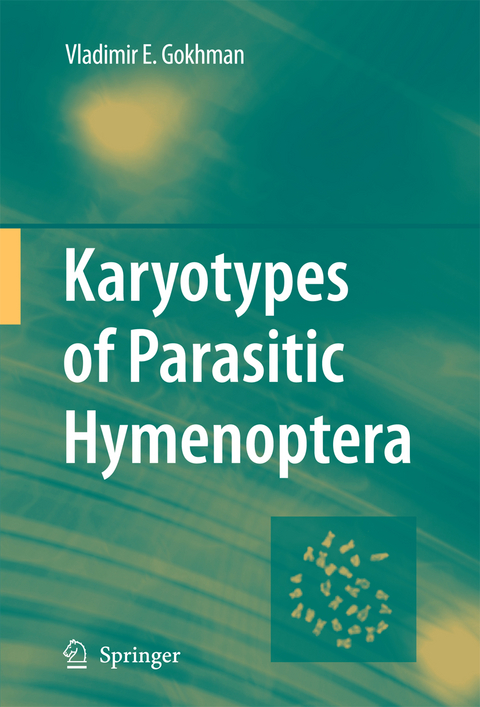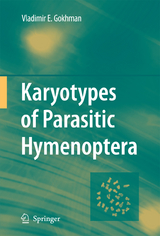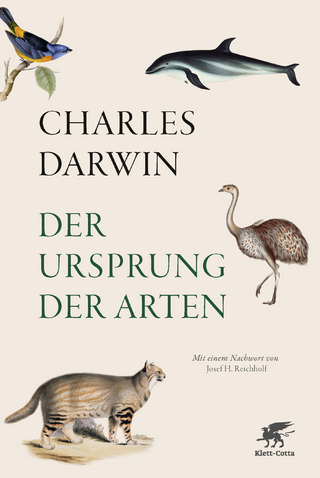Karyotypes of Parasitic Hymenoptera
Springer-Verlag New York Inc.
978-1-4020-9806-2 (ISBN)
Dr. Vladimir E. Gokhman is a leading researcher and the head of the Plant Protection Group of the Botanical Garden of Moscow State University, Moscow, Russia. He works at the Botanical Garden since 1983, after graduating with honour from the MSU Department of Entomology. Dr. Gokhman’s main research interests are karyology and systematics of parasitic wasps. He has defended a PhD ("Karyology and systematics of the subfamily Ichneumoninae (Hymenoptera, Ichneumonidae"; Moscow State University, 1990) and a Doctor of Science (DSc) thesis ("Karyotypes of parasitic Hymenoptera: their evolution and implications for systematics and phylogeny"; Zoological Institute of the Russian Academy of Sciences, 2003). Dr. Gokhman is a member of the editorial board of the Russian Entomological Journal and also a member of the International Society of Hymenopterists and the Russian Entomological Society.
Chromosomes of Hymenoptera.- Material and Methods.- Morphological Features of Karyotypes of Parasitic Hymenoptera.- Chromosomal Evolution of Parasitic Wasps.- Phylogenetic Implications of Karyotypic Characters of Parasitic Hymenoptera.- Chromosomal Analysis of Parasitic Wasps at Various Taxonomic Levels.
From the reviews:
"This book is principally the summary of a large body of work, spanning nearly 25 years, by Vladimir Gokhman [1]. He has carved a niche in karyology of parasitoid wasps and this book has much to offer in the way of chromosome data. The findings are explicitly linked to phylogenetic hypotheses and we are presented with some interesting theories about the evolution of chromosome form and number within the Hymenoptera. ... there are many interesting facts to be gleaned, such as that haploid chromosome numbers for just one family, the ants (Formicidae) range from 1 to 60. ... Some good examples are given in this book. Clearly, karyology has played and still can play an important role in the discrimination of closely related species, but that particular baton has now been taken up by DNA sequencing." Gavin R. Broad in BioMed Central
| Erscheint lt. Verlag | 18.3.2009 |
|---|---|
| Zusatzinfo | XIII, 183 p. |
| Verlagsort | New York, NY |
| Sprache | englisch |
| Maße | 155 x 235 mm |
| Themenwelt | Naturwissenschaften ► Biologie ► Evolution |
| Naturwissenschaften ► Biologie ► Genetik / Molekularbiologie | |
| Naturwissenschaften ► Biologie ► Zoologie | |
| ISBN-10 | 1-4020-9806-5 / 1402098065 |
| ISBN-13 | 978-1-4020-9806-2 / 9781402098062 |
| Zustand | Neuware |
| Haben Sie eine Frage zum Produkt? |
aus dem Bereich




